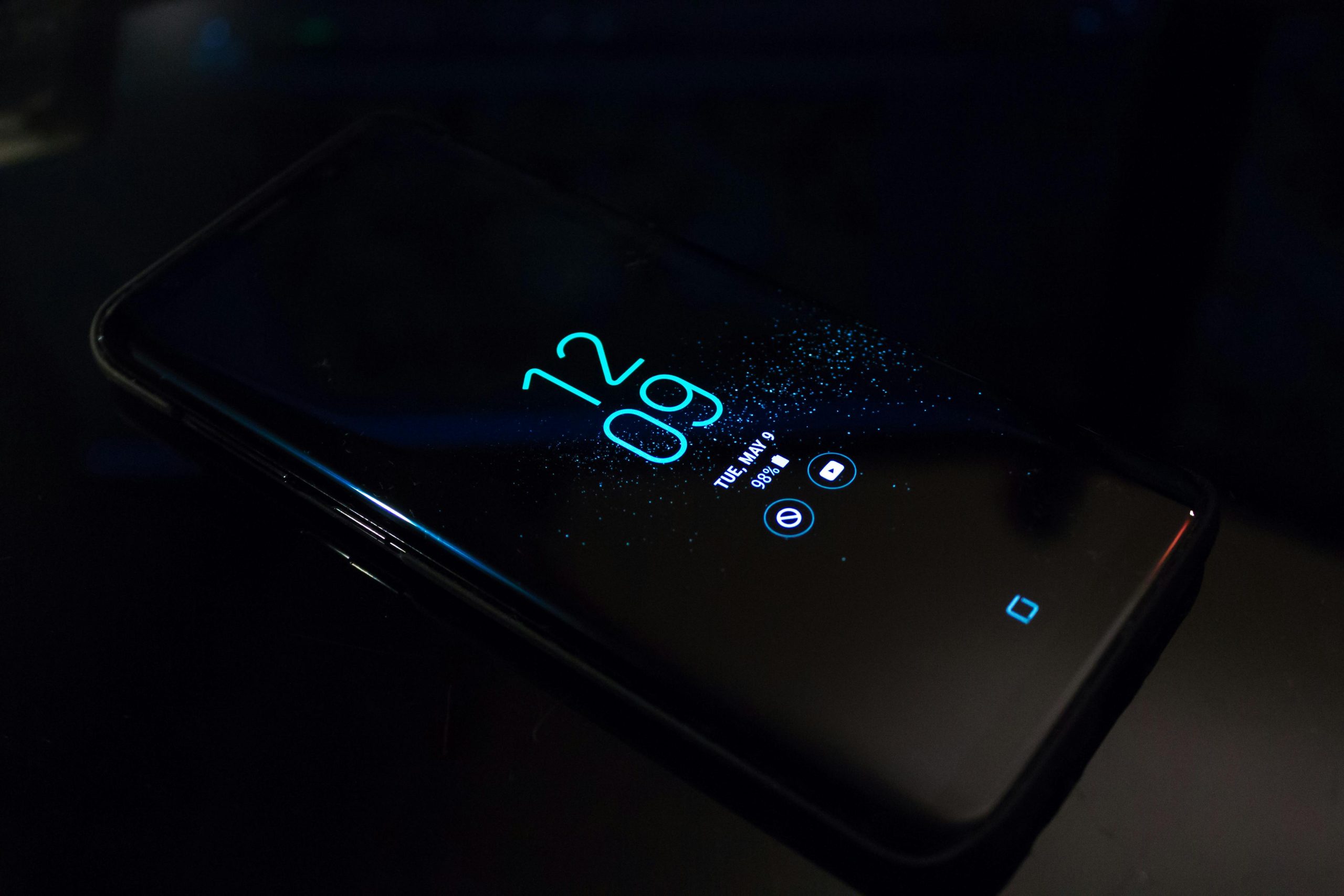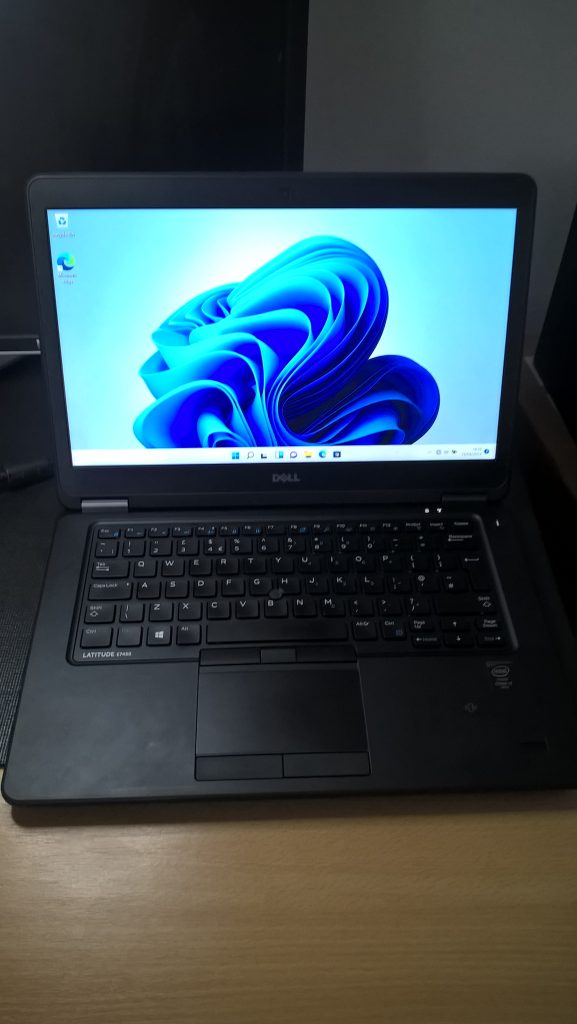Title: Troubleshooting the ASUS ROG Zephyrus G14 Display: Solving the Mystery of the Incomplete Screen Output
Introduction
In recent years, the ASUS ROG Zephyrus G14 has become one of the most popular gaming laptops, prized for its powerful performance in a compact chassis. However, like any piece of technology, it isn’t immune to issues. One perplexing problem faced by some users is a display malfunction where only white elements are visible. This blog post will delve into this issue, exploring potential causes and solutions while also offering a broader insight into laptop display problems and maintenance.
Understanding the Issue
Symptoms of the Display Problem
The specific issue at hand is that only white elements are visible on the screen. For example, when launching applications like Discord or viewing documents, the white areas are discernible, but other colors or text do not appear. This issue can seem peculiar and frustrating, as there is no visible damage to the display itself.
Potential Causes
Several factors can cause this specific display issue. Here are some possibilities:
- Hardware Malfunction: This includes issues with the screen, connectors, or other internal components.
- Driver Problems: Outdated or corrupted display drivers can impair how graphics are processed and displayed.
- Software Glitch: Bugs in the operating system or specific Software can sometimes lead to display irregularities.
- Faulty Graphics Card: If the GPU is malfunctioning, it might not process colors correctly.
- Display Setting Errors: Incorrect screen settings can result in abnormal display behavior.
Diagnosing the Problem
To troubleshoot this issue effectively, systematic diagnosis is crucial. Here’s a step-by-step guide:
1. Check Basic Settings
- Brightness and Contrast: Ensure that the brightness and contrast settings are at optimal levels. Incorrect settings can sometimes mimic hardware problems.
- Display Settings: Navigate to the display settings in your OS. Make sure the resolution and refresh rate are set correctly for the ROG Zephyrus G14.
2. Test External Outputs
- External Monitor: Connect your laptop to an external monitor to see if the issue persists. If the external monitor works perfectly, the problem likely lies with the laptop screen.
3. Update or Reinstall Display Drivers
- Utilize the Device Manager to update the display drivers. If they are already up-to-date, consider uninstalling and then reinstalling them. This can sometimes solve driver-related glitches.
4. Run a System Scan
- Antivirus and Malware Scan: Use a reputable antivirus tool to scan for viruses or malware that may disrupt normal operations.
- System File Checker (Windows): Run the System File Checker to scan and restore corrupted system files.
5. Utilize Built-in Diagnostics
- ROG Armoury Crate: This utility can sometimes aid in diagnosing hardware-related problems. Check for any diagnostics tools available through the ASUS Software.
Delving Deeper: Technical Explanations
Understanding the technicalities behind each cause can further aid in discerning the root of the problem.
Hardware and Connection Issues
A hardware problem might involve the display connector inside the laptop. This connector, if loose or damaged, can cause incomplete signals to reach the screen. While users can check for visibly loose connections, opening the machine to inspect internal parts might void warranties and should be left to professionals or the manufacturer.
Driver and Software Conflicts
Drivers serve as the communication bridge between the OS and the hardware. Corrupted driver files might lead to incomplete or incorrect transmission of visual data to the screen. Keeping drivers updated through the official ASUS website and using reputable software update utilities can prevent related issues.
Graphics Card Malfunctions
The GPU processes all graphical information. Any flaw in its functioning can lead to display issues, including the selective visibility of certain colors or shades. While difficult to diagnose without professional tools, borrowing or using an external GPU to run tests can isolate this issue.
Resolving the Issue
If the diagnosis points to a fault:
1. Professional Repair Services
When simple solutions fail to rectify the problem, professional assistance may be necessary. Approved ASUS repair centers can provide in-depth hardware diagnostics and repairs.
2. Warranties and Replacements
If the G14 is still under warranty, contacting ASUS support should be the next step. Their team can guide further or arrange a repair/replacement.
3. Community Insights
Tapping into the vast knowledge of online communities, such as Reddit or dedicated ASUS forums, may reveal if others have faced and resolved similar issues.
Preventive Measures
After tackling and solving display issues, it’s essential to consider preventive measures to forestall future occurrences:
1. Regular Updates
Frequently update all components like the OS, drivers, and critical software. This ensures compatibility and minimizes the risk of bugs.
2. Correct Handling and Maintenance
Proper handling goes a long way in preventing hardware issues. Using screen protectors, cleaning with recommended products, and avoiding exposure to extreme conditions can protect the laptop.
3. Routine Backups
Regular data backups mitigate the impact of sudden hardware failures, ensuring critical data is preserved and transitions are smoother in case of lasting repairs or replacements.
Conclusion
The intricacies of modern laptop displays and their underlying technology mean that various elements can cause disruptions. While it can be alarming to face persistent screen errors on a high-performance machine like the ASUS ROG Zephyrus G14, understanding potential causes and solutions plays an essential role in resolving these issues efficiently. Taking proactive measures post-repair can further enhance device longevity and performance. Always consider extending this knowledge through reputable sources, community insights, and professional guidance when needed.
Share this content:




Technical Support Response:
Hi there!
Thank you for reaching out regarding the display issue you’re experiencing with your ASUS ROG Zephyrus G14. It sounds frustrating, but we’re here to help you diagnose and potentially resolve the problem.
Based on your description, where only white elements are visible, we recommend starting with the basic diagnostics:
If these steps don’t resolve the issue, it might be a more complicated problem related to hardware, such as a faulty graphics card or internal connector. In that case, we recommend:
Response:
Hi there! I’m sorry to hear that you’re experiencing display issues with your ASUS ROG Zephyrus G14. It can be quite frustrating, especially given the device’s reputation for performance. Here are some additional troubleshooting steps and insights that may help resolve the issue:
Additional Troubleshooting Steps
Advanced Diagnostic Tools
If you’re comfortable diving deeper into diagnostics, consider using tools like GPU-Z or HWMonitor to check GPU temperatures and performance